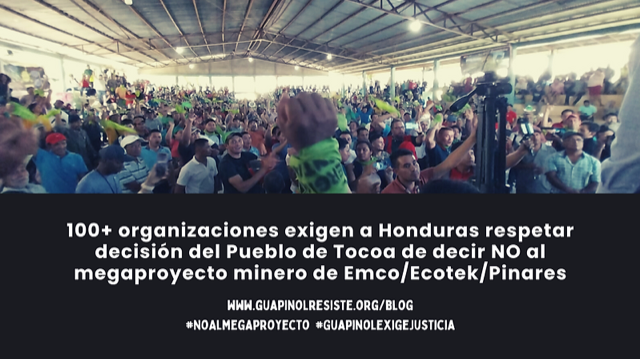The Colombian Ombudsman’s Office (DPC) has reported that 181 social leaders and human rights defenders were murdered in 2023, marking a 16 percent decrease from the previous year. The annual report highlights the challenging situation faced by those dedicated to promoting and safeguarding community rights. Despite the decrease, the Ombudsman expressed concern about ongoing risks in regions affected by armed conflicts. The most affected groups include community members, indigenous people, peasants, Afro-descendants, victims, SOGID-LGBTIQ+ individuals, and human rights activists. The report indicates that April, June, and July had the highest number of murders. Cauca, Antioquia, and Nariño accounted for 41% of the cases, with Cauca being the most affected. The Ombudsman calls for intensified efforts to protect human rights defenders, urging state entities to implement preventive measures. Despite the 2016 peace accord, serious human rights concerns persist in Colombia, including abuses by armed groups, limited access to justice, and high poverty levels, particularly affecting Indigenous and Afro-descendant communities. The government generally investigates these issues, but delays are common. Armed groups, including former guerrillas and drug traffickers, contribute to human rights abuses.
- Home
- About Us
- Issues
- Countries
- Rapid Response Network
- Young Adults
- Get Involved
- Calendar
- Donate
- Blog


